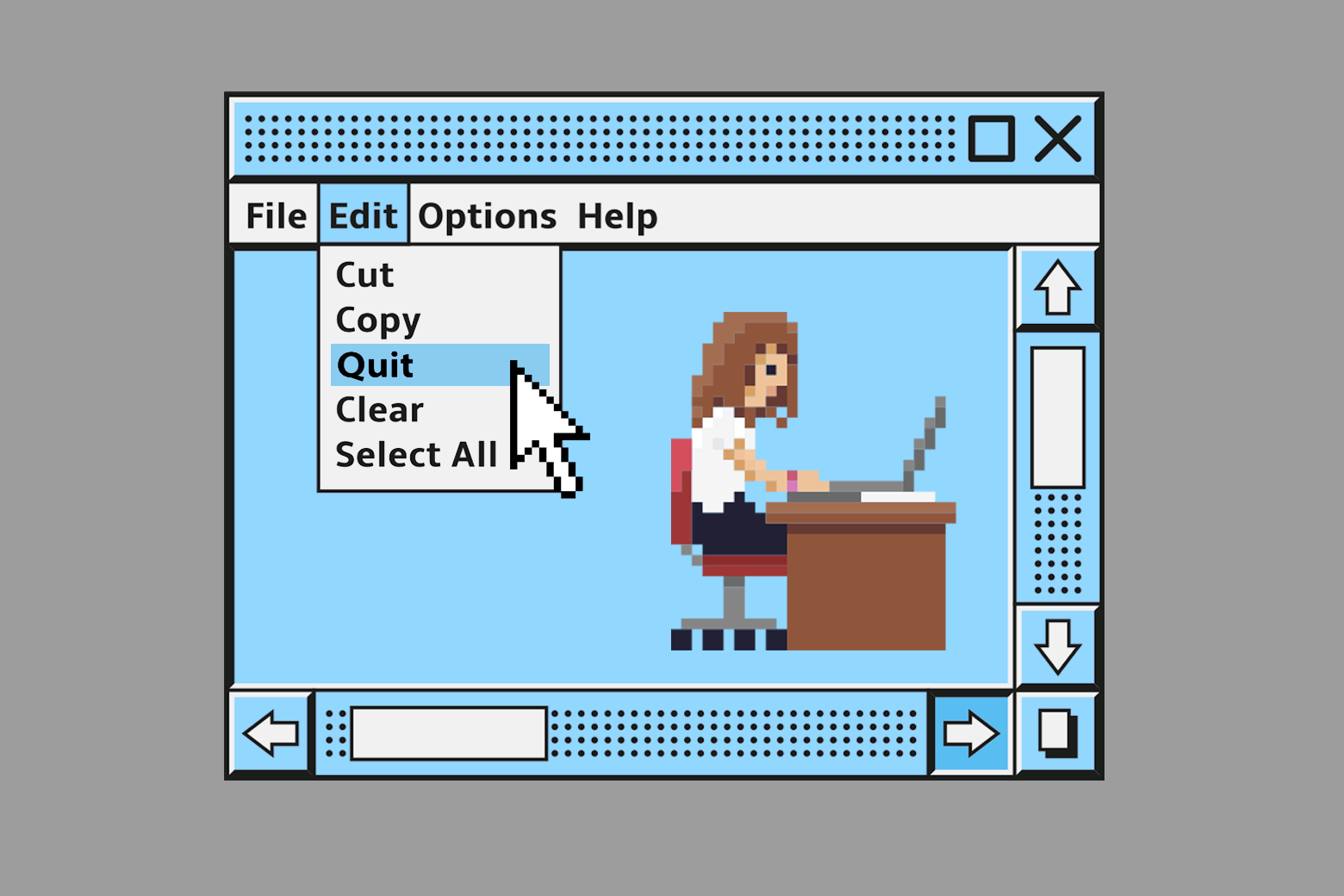The transition from college to the workforce is a significant milestone in any young adult’s life. For many, like the author who graduated in 2019, this shift can be jarring and overwhelming. Suddenly, the carefree days of studying in the library and hanging out with friends are replaced by early mornings, long commutes, and the pressure to excel in a new job. The author’s experience reflects the common struggle of balancing work, social life, and personal well-being in the fast-paced world of the 9-to-5 grind.
The daily routine of waking up early, commuting to work, and coming home exhausted takes a toll on mental health and overall satisfaction. Research has shown that each additional minute spent commuting can decrease job satisfaction and leisure time, leading to feelings of burnout and stress. The author’s realization that the weekends were a whirlwind of catching up on sleep and chores, rather than relaxation and enjoyment, highlights the sacrifices often made in pursuit of a successful career.
The author’s experience is not unique; the transition from school to the “real world” has been a common theme in literature and popular culture for centuries. Stories like Herman Melville’s “Bartleby, The Scrivener” and TV shows like “The Office” depict the struggles of young workers navigating the demands of office life. However, the author’s generation is the first to experience such rapid changes in work environments, from traditional offices to remote and hybrid setups.
The advent of remote work brought about a significant shift in the author’s life. Suddenly, there was more time for sleep, socializing, and personal hobbies. The ability to work from home allowed for a healthier work-life balance, with opportunities to cook, exercise, and pursue personal interests during the day. The flexibility of remote work also enabled workers to establish financial safety nets and improve their living situations, as seen in the author’s experience of moving into a larger apartment.
The rise of remote work and hybrid models has empowered Gen Zers to reimagine the traditional workweek and advocate for changes in the workplace. Some are treating their lives as full-time jobs and work as a part-time role, while others are pushing for a four-day workweek and leading the Great Resignation. The author’s transition to a hybrid work model reflects this desire for flexibility and autonomy in the workplace.
Overall, the author’s journey from college to the workforce, and eventually to remote and hybrid work, highlights the evolving nature of work in the modern era. The shift towards more flexible work arrangements has allowed for greater work-life balance, personal growth, and financial stability. As Gen Z continues to shape the future of work, it’s clear that the traditional 9-to-5 model may no longer be the norm, but rather a novelty in a world where remote and hybrid work are becoming increasingly prevalent.



















